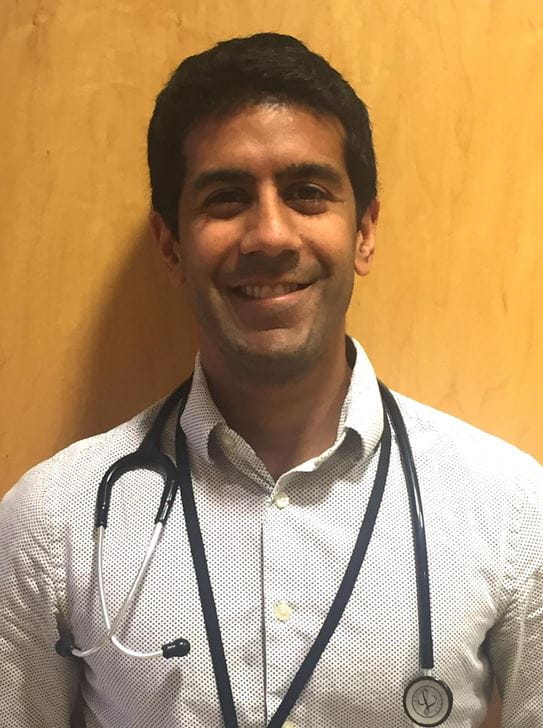
While the physical side effects of cancer treatments on children are well documented, the mental health outcomes are not as well understood.
But thanks to research you funded, Dr Sumit Gupta has made great inroads into this issue. He and his team explored how often survivors of childhood cancer had mental health care visits compared to the general population.
They found that young cancer survivors had more medical visits for mental health concerns than young people who had not undergone cancer treatment. This meant they were at a substantially higher risk of developing mental health challenges, specifically depression and anxiety.
And some of their findings were more surprising.
“We had originally hypothesized that survivors of cancers that needed more intense treatment or had a worse prognosis would be at an even higher risk than survivors of other types of cancers,” says Dr Gupta. “But we didn’t find that to be the case. Something about being diagnosed with cancer increases your risk, regardless of whether you have a cancer with a 90% survival rate or if you have a really aggressive cancer.”
Dr Gupta and his team also found that, for adolescents and young adults (AYA) with cancer, where they are treated appears to have an impact on their long-term mental health. His research discovered that survivors treated in pediatric settings had much better outcomes for mental health issues than those treated in adult cancer centres.
Based on these findings, the team is recommending monitoring the long-term mental health of these young people, in addition to advocating for further research into effective interventions during or after their cancer treatments.
“This validates what a lot of families and survivors are seeing in their day-to-day lives,” says Dr Gupta. “By sharing these findings with healthcare practitioners, we can make sure that all of us are talking to families and survivors about this increased risk and doing our part to reduce the stigma.”
The team is now studying the long-term mental health of parents and siblings of survivors to determine whether they are also more likely to experience similar challenges.
None of this would be possible without your support and Dr Gupta is grateful.
“Thank you. Your dollars are going to research that really has an immediate day-to-day impact on children and their families.”
Help create a future without cancer
With support from readers like you, we can continue to make a meaningful impact for people affected by cancer.
We are determined to increase survival, stop cancer before it starts, and improve lives. But we can’t do it without you.
If everyone reading this gave just $5, we could achieve our goal this month to fund the most promising research, compassionate support and transformative advocacy. Please give today because every contribution counts. Thank you.
